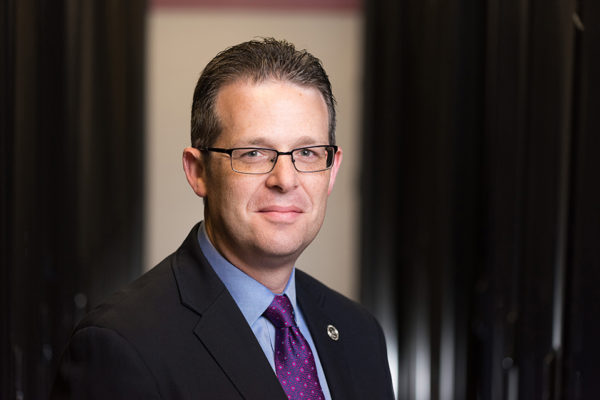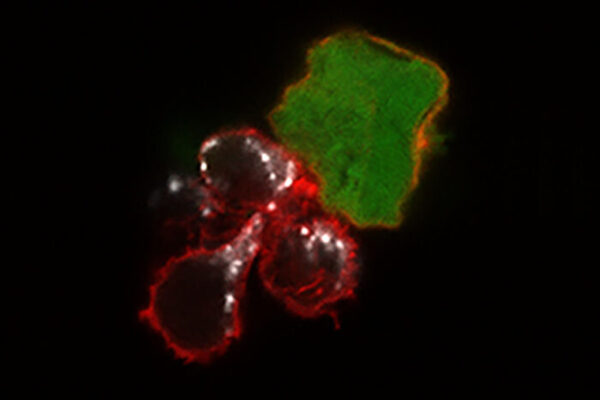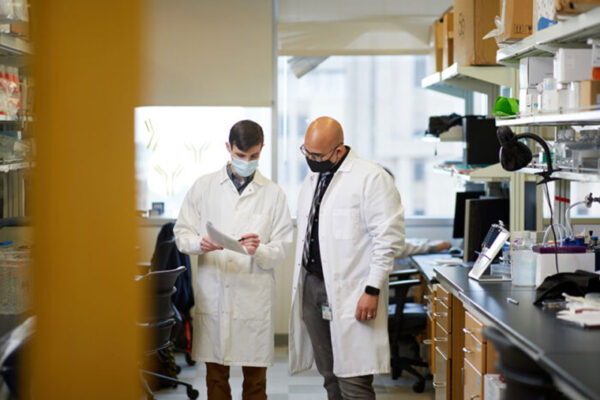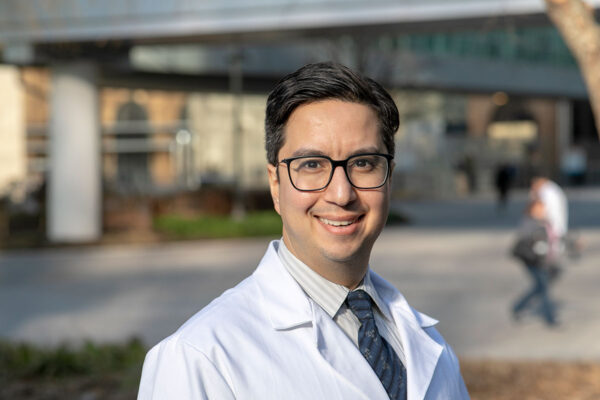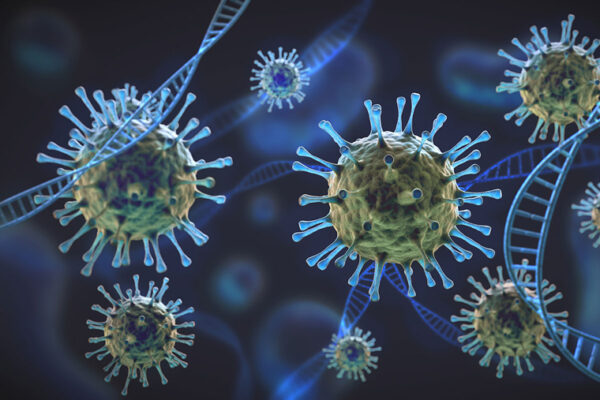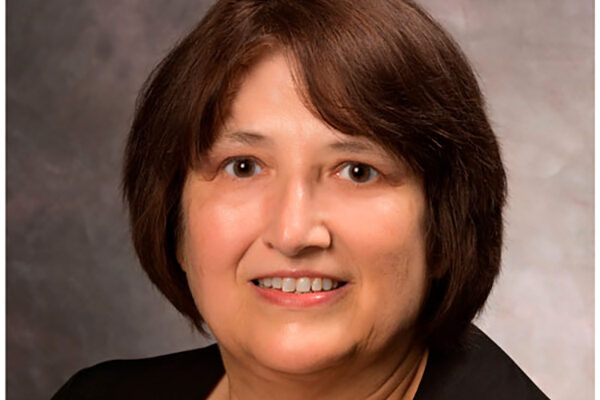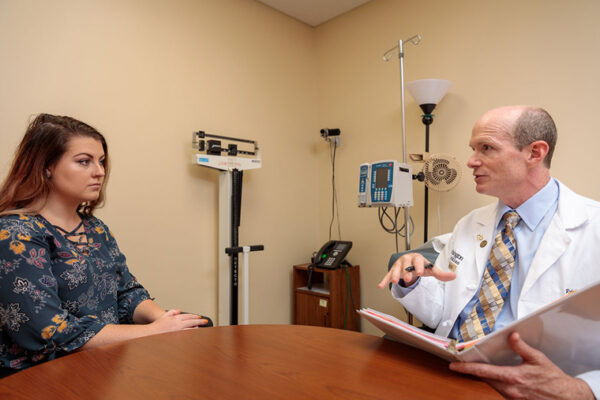COVID-19 aggravates antibiotic misuse in India
Antibiotic sales soared during India’s first surge of COVID-19, suggesting that the drugs were inappropriately used to treat mild and moderate COVID-19 infections, according to research led by the School of Medicine. Such overuse increases the risk for drug-resistant infections worldwide.
Payne elected fellow of international informatics academy
Philip R. O. Payne, director of the Institute for Informatics at the School of Medicine, has been elected a fellow of the International Academy of Health Sciences Informatics.
Developmental biologist receives NIH grant
Kristen Kroll, professor of developmental biology at the School of Medicine, has received a four-year $2.1 million grant from the National Institutes of Health (NIH) for her project on human interneuron progenitor specification.
Cell-based immunotherapy shows promise against melanoma
Researchers at Washington University School of Medicine have shown in preclinical studies that a natural killer cell-based immunotherapy could be effective against solid tumors such as melanoma.
COVID-19 vaccine generates immune structures critical for lasting immunity
A study from School of Medicine researchers, published in the journal Nature, has found evidence that the immune response to the first two COVID-19 vaccines authorized by the FDA is both strong and potentially long-lasting.
Researcher receives NIH grant for Alzheimer’s study
Cyrus Raji, MD, PhD, assistant professor of radiology and of neurology at the School of Medicine, received a three-year $2.3 million grant from the National Institute on Aging of the National Institutes of Health (NIH) for his research titled “Neuroinflammation and Alzheimer’s Disease Imaging Biomarkers in Midlife Obesity.”
Virus that causes COVID-19 can find alternate route to infect cells
The virus that causes COVID-19 normally gets inside cells by attaching to a protein called ACE2. School of Medicine researchers have found that a single mutation confers the ability to enter cells through another route.
Regina Abel, occupational therapy instructor, 70
Regina Abel, an instructor in occupational therapy and in medicine at the School of Medicine, died June 15 in St. Louis following a heart attack. She was 70. An expert in animal-assisted therapy, she focused on animals’ role in rehabilitation and education.
New snack foods nurture healthy gut microbiome
Researchers at the School of Medicine have identified ingredients for snack food prototypes that have been formulated to deliberately change the gut microbiome in ways that can be linked to health.
Investigational Alzheimer’s drug improves biomarkers of the disease
An investigational Alzheimer’s drug showed mixed results, reducing molecular markers of disease and curbing neurodegeneration, without demonstrating evidence of cognitive benefit, in a clinical trial led by School of Medicine researchers.
View More Stories

